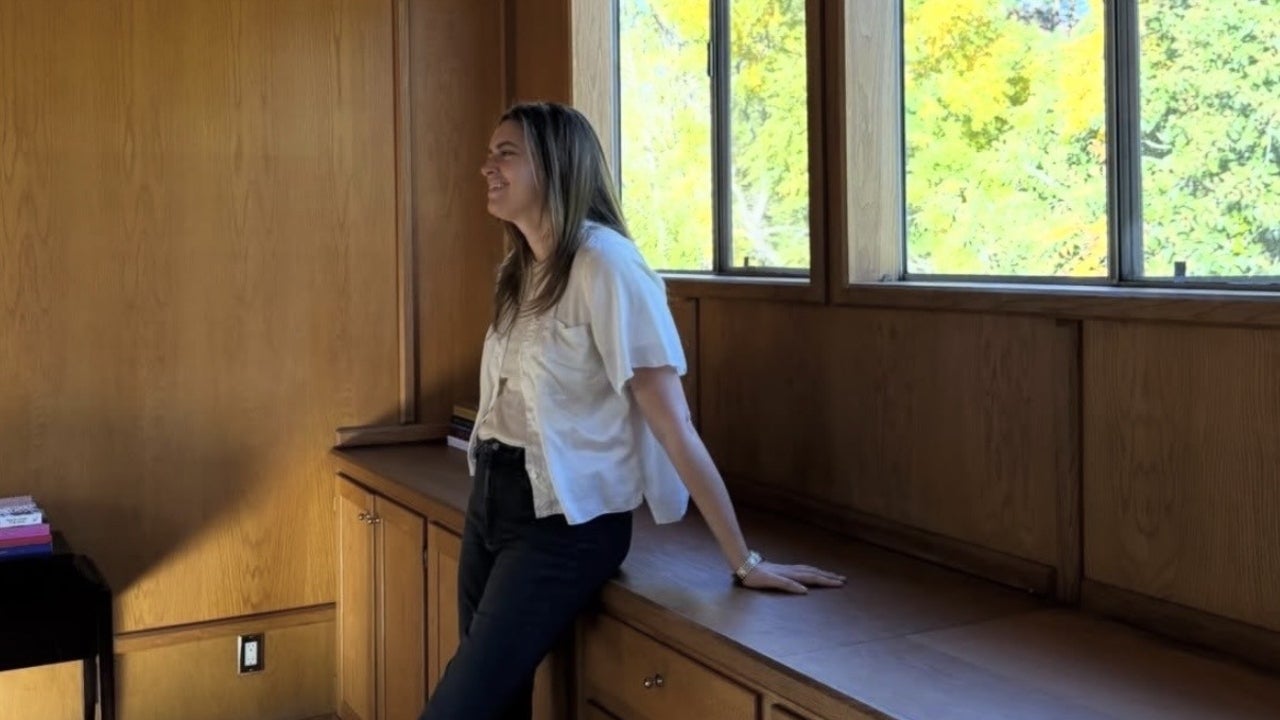Wales holiday let rules are putting ‘thousands of jobs at risk’
Short-term holiday let operators must rent out their properties for at least 182 days to meet business rate requirements in Wales

Changes to holiday let tax rules in Wales have an industry body fearing that thousands of tourism jobs could be lost due to the “brutal” regulations.
In 2023, new eligibility rules for business rates for self-catering properties were introduced in England and Wales.
To be eligible for business rates in Wales, the property must be available to let commercially for short periods that total 252 nights or more, and actually let commercially for 182 nights or more.
The rules in Wales differ from those in England, with self-catering houses being eligible for business rates if they are available commercially for at least 140 nights and actually let out for at least 70 nights in England.
If a property does not meet these rules, it will become eligible for paying council tax and lose out on business rates.
The Welsh government says that these new rules have allowed residents to have “a right to a decent, affordable home to buy or to rent that allows them to live and work locally.”
However, industry bodies have voiced their concerns that the business rate rules are doing more harm than good to businesses that rely on tourists visiting popular areas.
Nicky Williamson, of the Professional Association of Self Caterers (PASC) for Wales, warned many operators were struggling to meet the threshold, particularly during quieter months.
She told BBC News that without the “bed stock” of self-catering properties "we don't have the facilities for tourists to stay".
If tourism failed, she added, "then the number of people that are employed in tourism, they will start to lose jobs” and pubs and cafes are “not going to survive”.
Ms Williamson claims this could lead to thousands of job losses in the sector, and could have an impact on the mental health of self-catering operators, which she described as “brutal”.
A recent PASC survey to gauge the mental health of self-catering operators showed 94 per cent of respondents said they were stressed by the 182-day rule, with 60 per cent saying they did not expect to meet the threshold this year.
Conwy holiday let business owner Karen Jones told the publication that she would often contact regulars with discounts to encourage them to visit in quieter months, with “panic” setting in if anyone cancelled.
Meanwhile, Frankie Hobro, owner of Anglesey Sea Zoo, said there has been a 20 per cent drop in visitor numbers since 2023, which she attributed directly to the 182-day rule.
Ms Hobro fears that empty homes would be bought by large organisations, adding: "They're the only people that can afford to keep running them as a business. That doesn't benefit anybody".
The Welsh government said in a statement to The Independent: "We recognise the importance of tourism to the Welsh economy, but must balance that with the needs of our communities, as everybody has a right to a decent, affordable home to buy or to rent that allows them to live and work locally.
"Our package of measures to tackle the impact of second homes and holiday lets helps ensure owners are making a fair contribution in areas where they have homes or run businesses.”
For more travel news and advice, listen to Simon Calder’s podcast

 Hollif
Hollif 
































